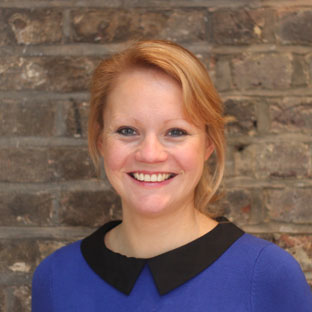Is there anything wrong with entering ‘bright’ pupils to take certain GCSEs a year early, so that they can concentrate on other, possibly weaker, subjects the following year? Are schools ‘gaming the system’ by entering all pupils in a year group – knowing that they can take the same exam again six months later if they don’t perform well enough (and again after that, if they still haven’t made the grade)?
On the first day of Conservative Party Conference in Manchester, Education Secretary Michael Gove has announced a change to the rules for how pupil exam grades are counted. Under the new ‘one strike and you’re out’ regime, pupils will not be prevented from having another go – but crucially from the school’s point of view, only the first attempt will count towards the school’s position in GCSE league tables. According to the announcement, the new rules will take immediate affect for subjects in the ‘English Baccalaureate’ (English, maths, modern languages, history, geography and the sciences).
On the plus side, making sure that schools only enter students for an exam when they are confident that they are ready is both a useful way to focus minds and an easy way to avoid the added costs of repeated exam entry.
More worryingly, it is possible to detect another, potentially more damaging set of assumptions behind the proposal. RSA Education is collaborating with the RSA Social Brain team on work looking at how behavioural insights can be applied to education. One of the key recommendations from a forthcoming report by Nathalie Spencer is the importance of attending to our deep-rooted beliefs or 'mindset' about pupil ability.
As this work shows, despite evidence that ability is not static or innate, there is still a tendency in parts of the education system to take a ‘fixed’ view of what pupils can be expected to achieve. This ‘fixed’ ability mindset is quite alien in Pacific Asian societies such as Singapore and Shanghai that have recently shot up the PISA rankings, where pupils from all social and family backgrounds are expected to try hard and do well. In these countries, achievement is much more likely to be viewed as open to growth and development – and importantly, the gap in performance between children from different social and family backgrounds is much narrower.
By contrast, the continued presence of a ‘fixed’ ability mindset in parts of the English system (including amongst policy-makers, parents and pupils themselves) may partly account for the long-standing socio-economic gap in pupil attainment at all stages of English schooling.
All will surely agree that it is a good thing to encourage students to take their exams seriously and make as much effort as possible whenever they sit an exam. But it is also important to counter the view that what matters most is being ‘bright’ enough to succeed first time. By saying to students that their first attempt is all that counts, there is a hidden message that there is no room to improve and get better.
How would the school system be different if every student and teacher were given the confidence and encouragement to believe that they could continue to grow and develop throughout their time at school and in later life?
It would start by embedding the idea that every teacher has room to develop their own thinking and learning, taking seriously the idea of investing in teachers’ professional development – and challenging teacher attitudes if and when these slip into a ‘fixed’ ability view of what children from different backgrounds can achieve.
And it would tackle head on the belief that many learners continue to hold, that they are ‘not good at maths’ or ‘hopeless at languages’. With regards to the former, the Government is right to be requiring continued engagement with maths and English up to the end of compulsory education - age 17 for the first time for this year's cohort, and going up to age 18 from 2015.
But it needs to start tackling those negative mindsets much earlier - and should avoid reinforcing the idea that the 'brightest' pupils are those who succeed first time round, discouraging others from believing that with hard work and effort, they too can achieve at the highest levels.
Louise Bamfield is Associate Director of RSA Education, and author of 'Rebalancing the UK Education and Skills System: transforming capacity for innovation and collaboration'.

Be the first to write a comment
Comments
Please login to post a comment or reply
Don't have an account? Click here to register.